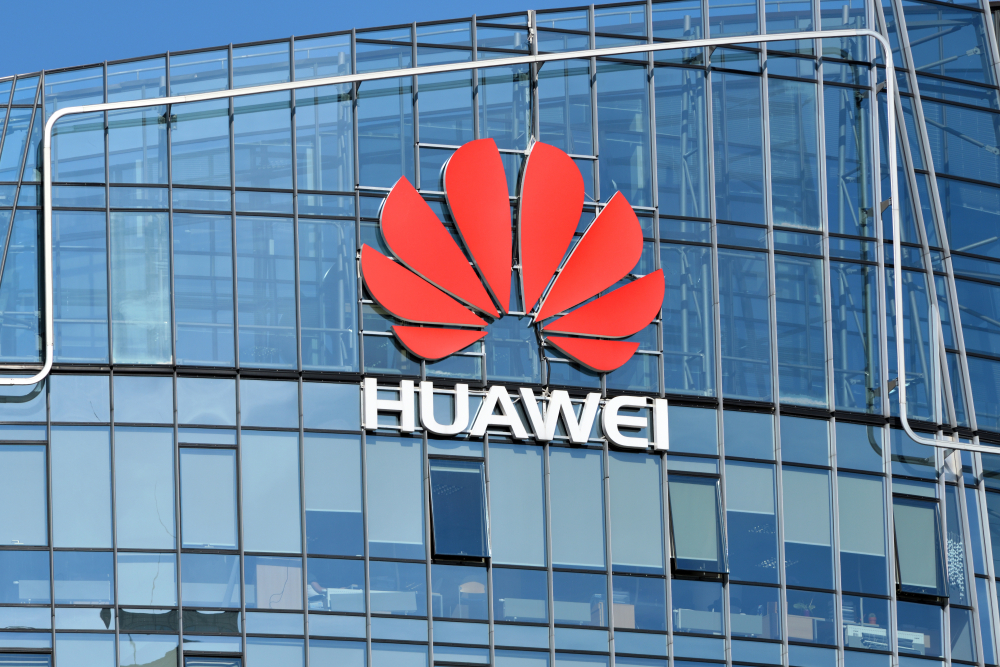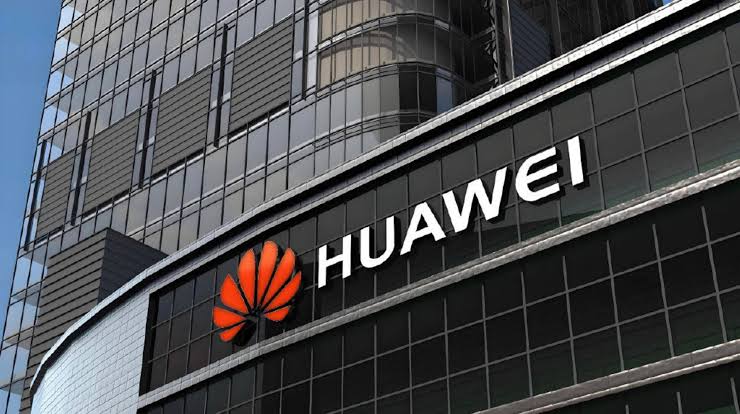Huawei’s new solid-state battery uses a sulfide-based material that reportedly delivers two to three times more energy than traditional lithium-ion cells. If these claims hold true, EV owners could enjoy far fewer charging stops and dramatically faster charging times.
Although the promise of a full charge in just five minutes is still theoretical mainly due to current infrastructure limits the announcement has already captured global attention. Automakers and battery experts worldwide are closely watching Huawei’s progress.

Solid-state batteries are widely seen as the future of electric mobility. They are safer, longer-lasting, and more efficient than conventional batteries. With this patent, Huawei has signaled China’s determination to lead in next-generation EV technology.
Other Chinese giants like BYD and Xiaomi are also investing heavily in solid-state research. With over 7,600 patents already filed, China currently leads the global race in this field.
If Huawei’s breakthrough proves successful, it could redefine electric vehicles by offering record-breaking driving ranges, ultra-fast charging, and improved overall efficiency. This innovation could also accelerate the global shift from fuel-powered cars to cleaner, more practical electric alternatives.
















